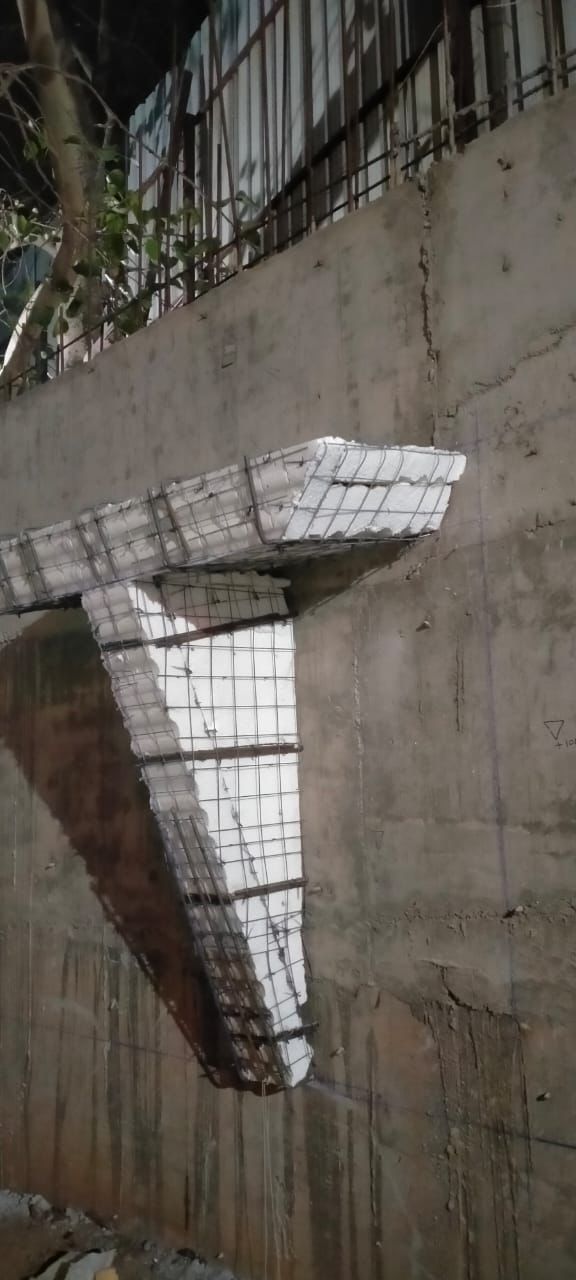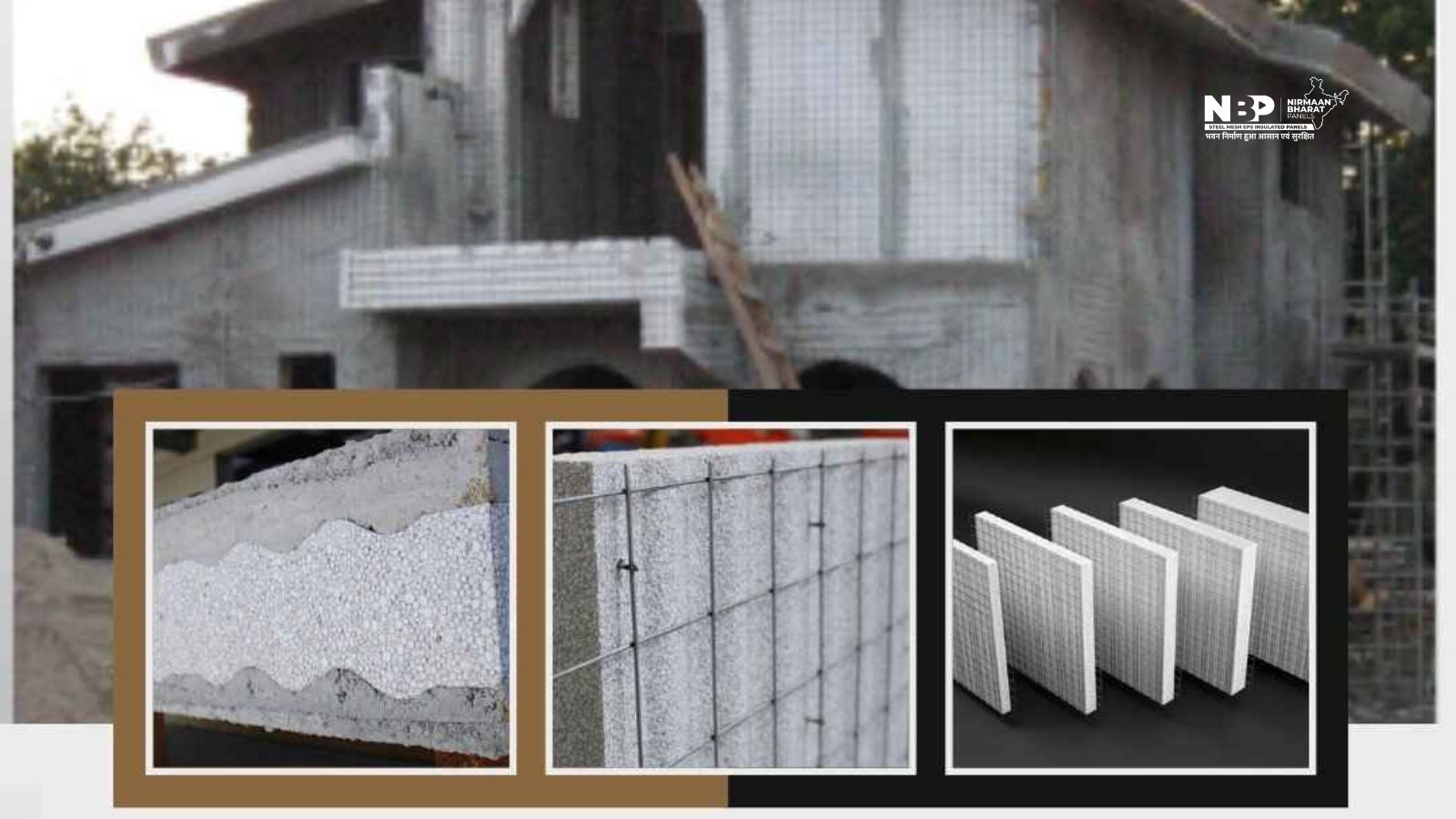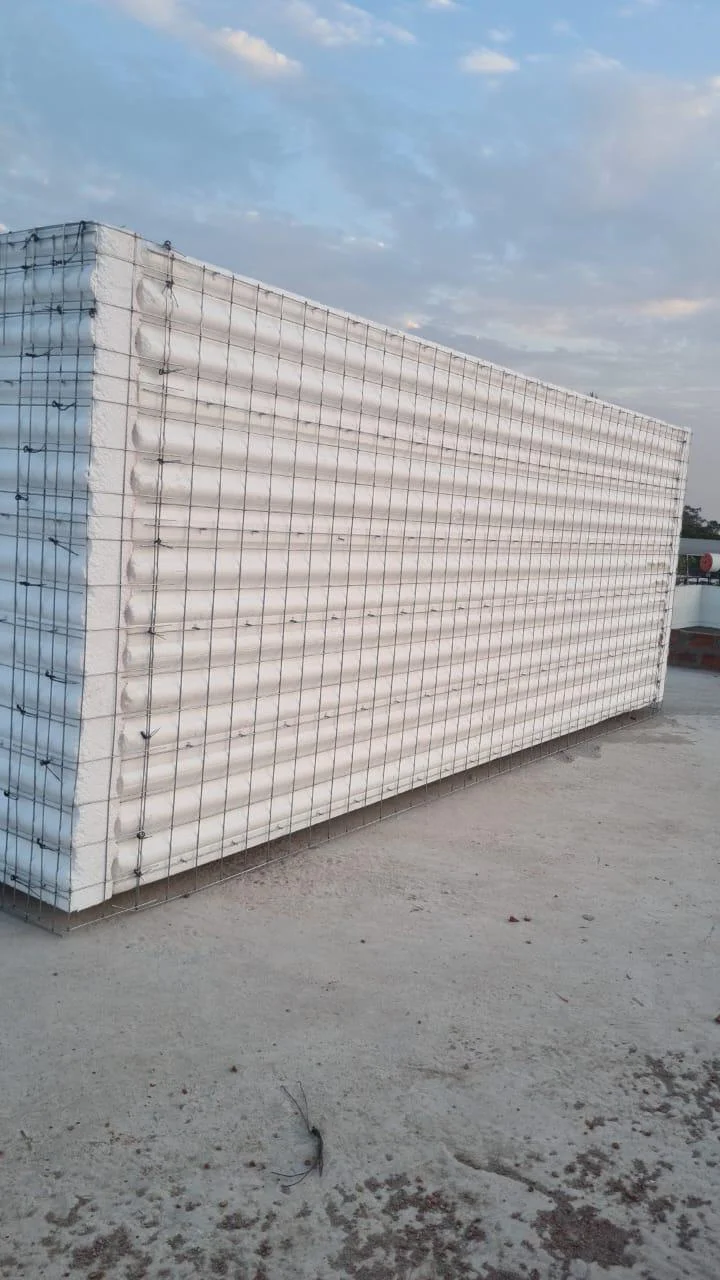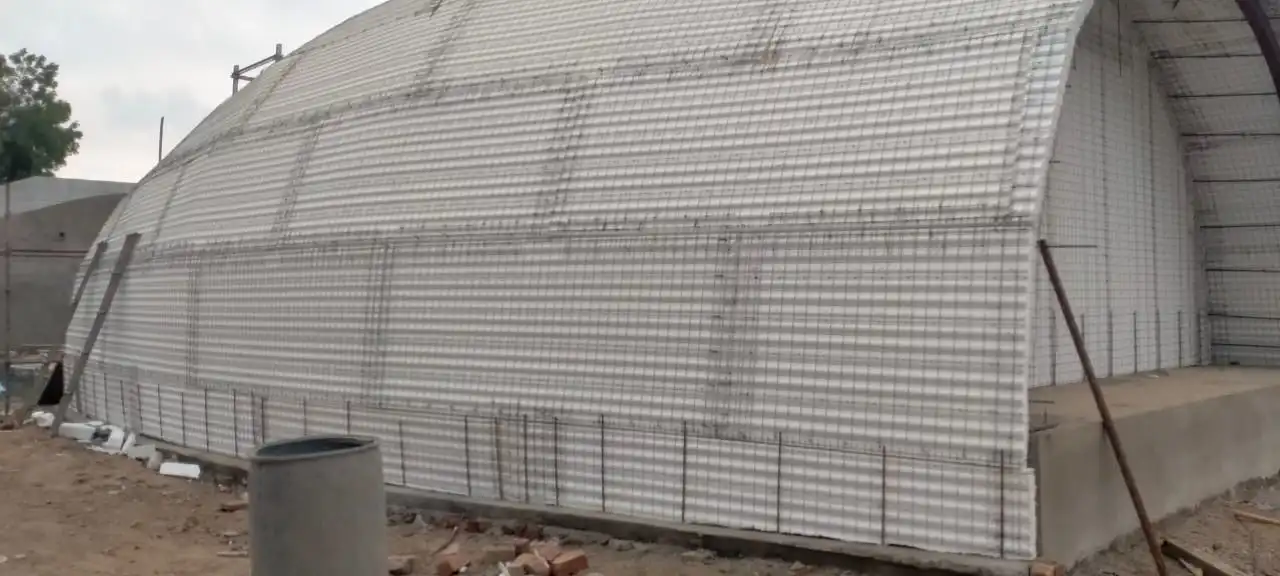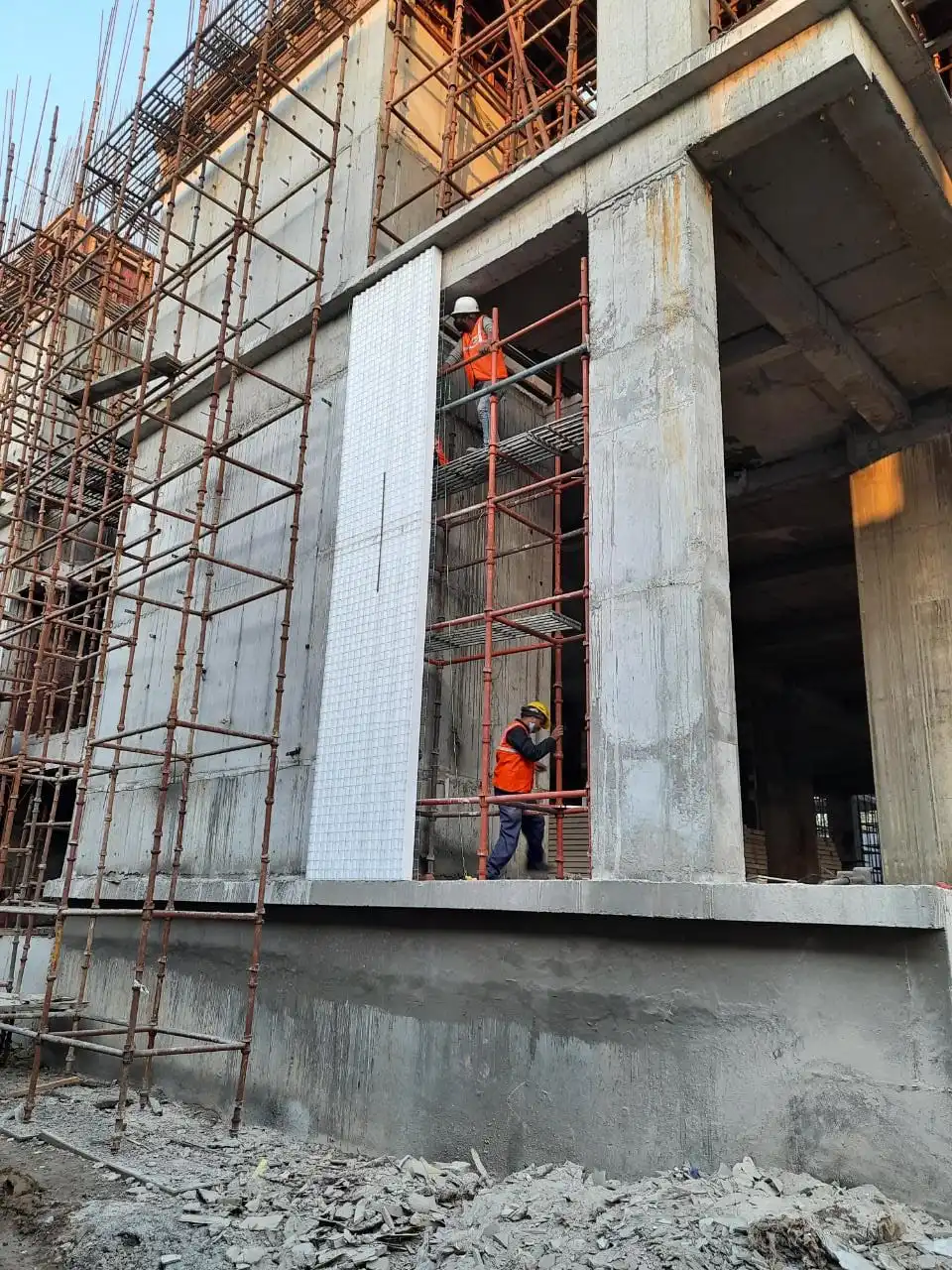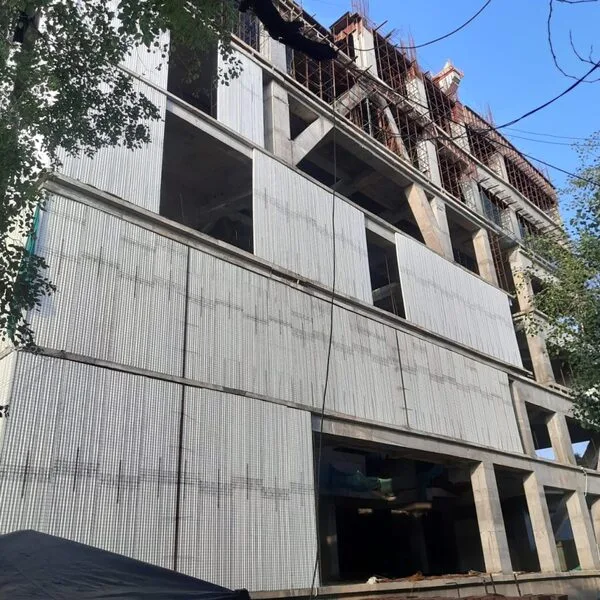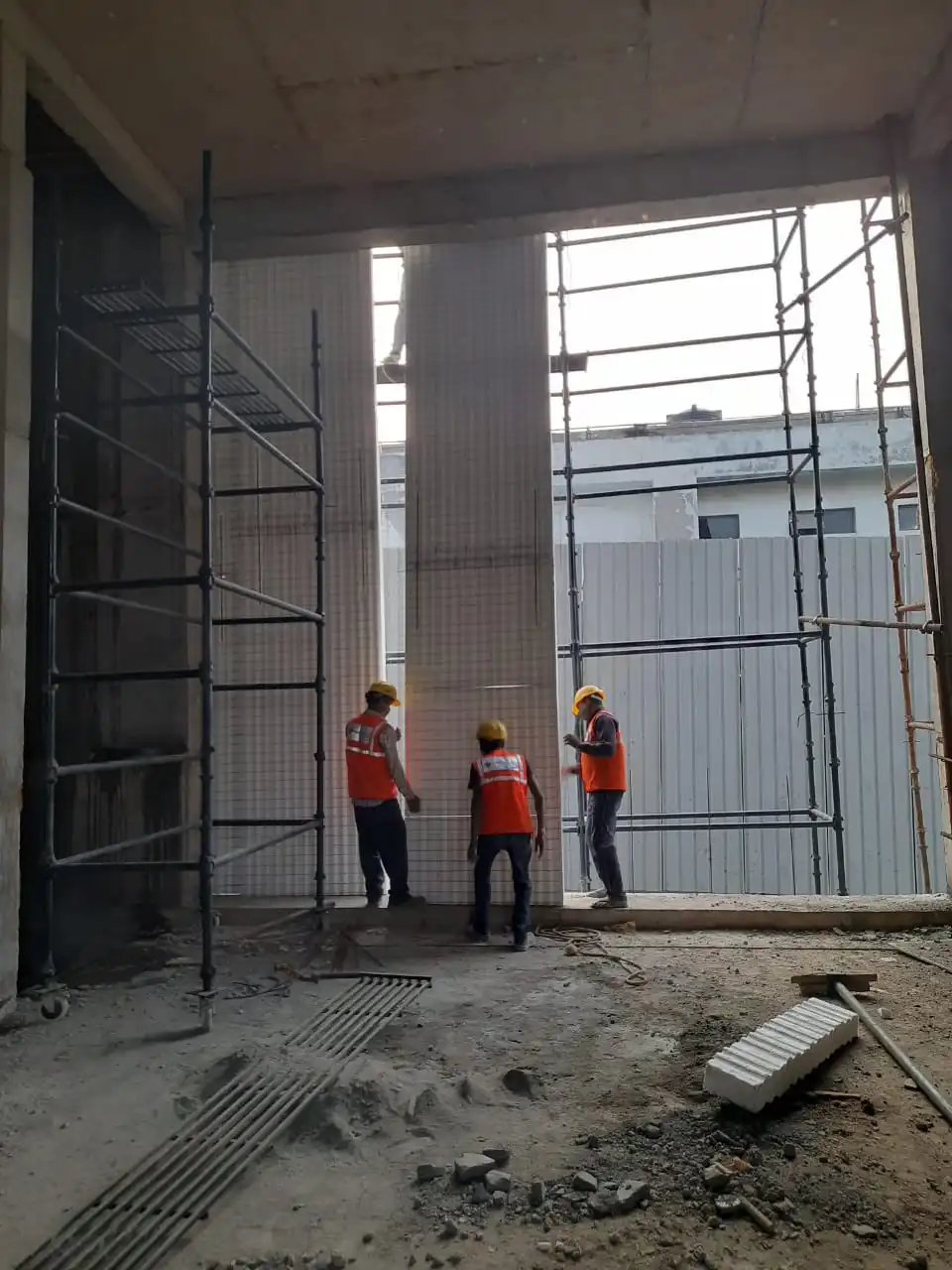.. In the realm of construction, where innovation and sustainability converge, EPS (Expanded Polystyrene) panels are emerging as the vanguard of a new era. As the global imperative for environmentally conscious building practices intensifies, EPS panels have garnered attention for their unparalleled combination of efficiency, durability, and eco-friendliness. Let’s delve into why EPS panel are not just a trend but the future of sustainable construction.
Table of Contents
ToggleHarnessing the Power of Recycling
At the core of EPS panels lies a commitment to recycling and resource optimization. Unlike traditional building materials that rely heavily on finite natural resources, EPS panels are predominantly composed of expanded polystyrene foam, a material derived from recycled plastics. By repurposing waste materials into high-performance construction components, EPS panels mitigate environmental impact while promoting a circular economy ethos.
Lightweight, Yet Robust
One of the hallmark attributes of EPS panels is their lightweight nature without compromising structural integrity. This inherent property translates into numerous advantages during construction, including ease of transportation, reduced labor requirements, and enhanced flexibility in architectural design. Despite their featherweight composition, EPS panels boast remarkable strength and resilience, capable of withstanding diverse weather conditions and structural loads.
Unparalleled Thermal Efficiency
In the quest for energy-efficient buildings, EPS panels stand out as champions of thermal insulation. The closed-cell structure of EPS foam confers exceptional thermal resistance, effectively regulating indoor temperatures and reducing reliance on artificial heating and cooling systems. By minimizing thermal bridging and heat transfer, EPS panels contribute significantly to energy conservation and operational cost savings over the lifespan of a building.
Speeding Up Construction Timelines
Time is of the essence in construction projects, and EPS panels offer a compelling solution to expedite timelines without compromising quality. Prefabricated off-site and delivered ready for installation, EPS panels streamline the building process, minimizing on-site labor and construction duration. This accelerated construction method not only translates into cost savings but also reduces environmental disruption and enhances project efficiency.
Resilience in the Face of Adversity
In an era characterized by escalating climate-related risks, the resilience of building materials is paramount. EPS panels demonstrate exceptional resistance to moisture, mold, pests, and fire, making them an ideal choice for regions prone to extreme weather events. Whether facing hurricanes, earthquakes, or wildfires, structures built with EPS panels offer occupants unparalleled safety and peace of mind.
Customization Without Compromise
The versatility of EPS panels extends beyond their structural properties to encompass design flexibility and customization options. From sleek modern facades to traditional architectural styles, EPS panels can be tailored to meet diverse aesthetic preferences and project requirements. Moreover, their compatibility with various finishing materials allows for seamless integration into any design vision, empowering architects and builders to unleash their creativity without constraints.
Driving Sustainable Development Goals
Beyond individual projects, the widespread adoption of EPS panels holds transformative potential in advancing sustainable development goals on a global scale. By reducing carbon emissions, conserving natural resources, and promoting eco-friendly construction practices, EPS panels contribute to mitigating climate change and fostering resilient communities. As governments, businesses, and communities alike prioritize sustainability, EPS panels emerge as a catalyst for positive environmental stewardship and social progress.
Conclusion: Embracing the Future of Construction
In a world where sustainability is no longer a choice but a necessity, EPS panels offer a beacon of hope for the construction industry. With their blend of environmental responsibility, technological innovation, and economic viability, EPS panels are poised to revolutionize the built environment and shape a greener, more resilient future for generations to come. As stakeholders across the construction spectrum embrace this transformative technology, they pave the way for a world where sustainable living is not just a dream but a reality.
FAQ’s –
-
What are EPS panels?
EPS panels, also known as Expanded Polystyrene panels, are lightweight construction materials made from expanded polystyrene foam. They are commonly used in building construction for their excellent thermal insulation properties, durability, and eco-friendliness.
-
How are EPS panels environmentally friendly?
EPS panels are environmentally friendly because they are predominantly made from recycled plastics. By repurposing waste materials into construction components, EPS panels help reduce the consumption of finite natural resources and promote a circular economy.
-
Are EPS panels suitable for all types of construction projects?
Yes, EPS panels are versatile and can be used in various construction projects, including residential, commercial, industrial, and institutional buildings. They offer flexibility in design and construction while providing excellent thermal insulation and structural strength.
-
What are the advantages of using EPS panels in construction?
Some advantages of using EPS panels include:
- Lightweight yet robust construction material
- Excellent thermal insulation properties
- Speedy construction timelines due to prefabrication
- Resistance to moisture, mold, pests, and fire
- Customization options for design flexibility
- Contribution to sustainable development goals by reducing carbon emissions and conserving natural resources.
-
How do EPS panels contribute to energy efficiency?
EPS panels contribute to energy efficiency by providing superior thermal insulation. Their closed-cell structure minimizes heat transfer, helping regulate indoor temperatures and reduce the need for artificial heating and cooling. This results in energy savings and lower operational costs for building owners.
-
Are EPS panels fire-resistant?
Yes, EPS panels are inherently fire-resistant. The expanded polystyrene foam used in EPS panels contains flame-retardant additives, making them highly resistant to ignition and slow to burn. Additionally, EPS panels have a low flame spread index, further enhancing their fire safety properties.
-
Can EPS panels be recycled?
Yes, EPS panels can be recycled. They are made from expanded polystyrene foam, which is a thermoplastic material that can be melted down and reshaped into new products. Recycling EPS panels helps reduce waste and minimizes environmental impact, making them an eco-friendly choice for construction projects.
-
How do EPS panels compare to traditional building materials?
Compared to traditional building materials such as concrete, wood, and brick, EPS panels offer several advantages, including lighter weight, better thermal insulation, faster construction timelines, and higher resilience to environmental factors. Additionally, EPS panels are more sustainable due to their use of recycled materials and energy-efficient properties.
-
Are EPS panels cost-effective?
Yes, EPS panels are cost-effective in the long run. While the initial cost of EPS panels may be slightly higher than some traditional building materials, their energy-efficient properties lead to significant savings on heating and cooling costs over the lifespan of a building. Additionally, the faster construction timelines associated with EPS panels can result in lower labor costs and reduced project durations.
-
Where can I purchase EPS panels for my construction project?
EPS panels are available from various suppliers and manufacturers worldwide. It is advisable to research and compare different options to find a reputable supplier that offers high-quality. EPS panels at competitive prices. Additionally, consulting with architects, contractors. Or construction professionals can help guide you in selecting the right EPS panels for your specific project requirements.


